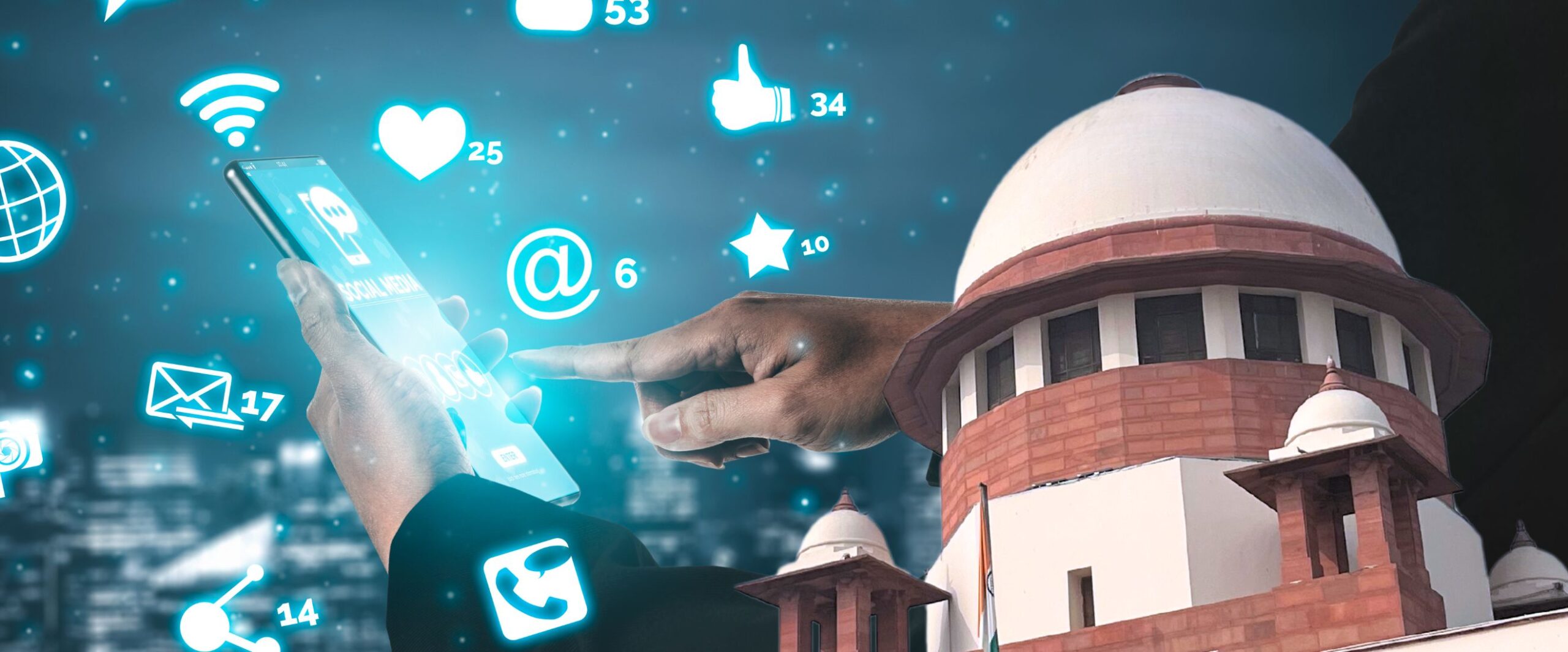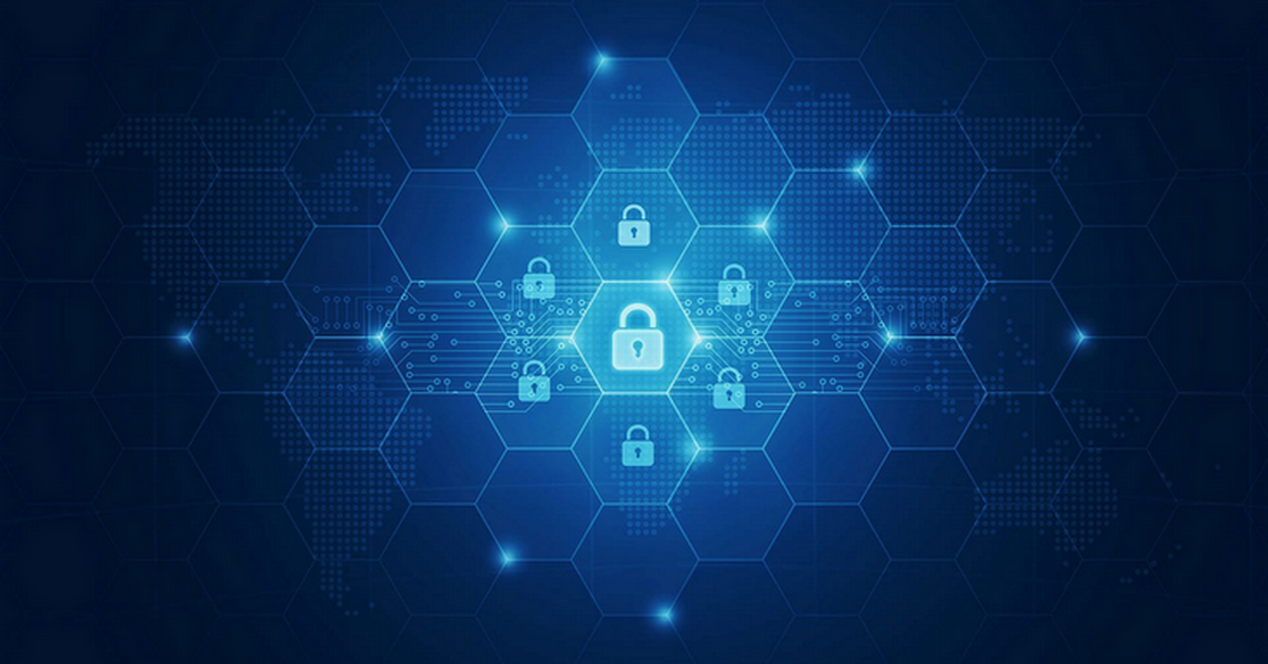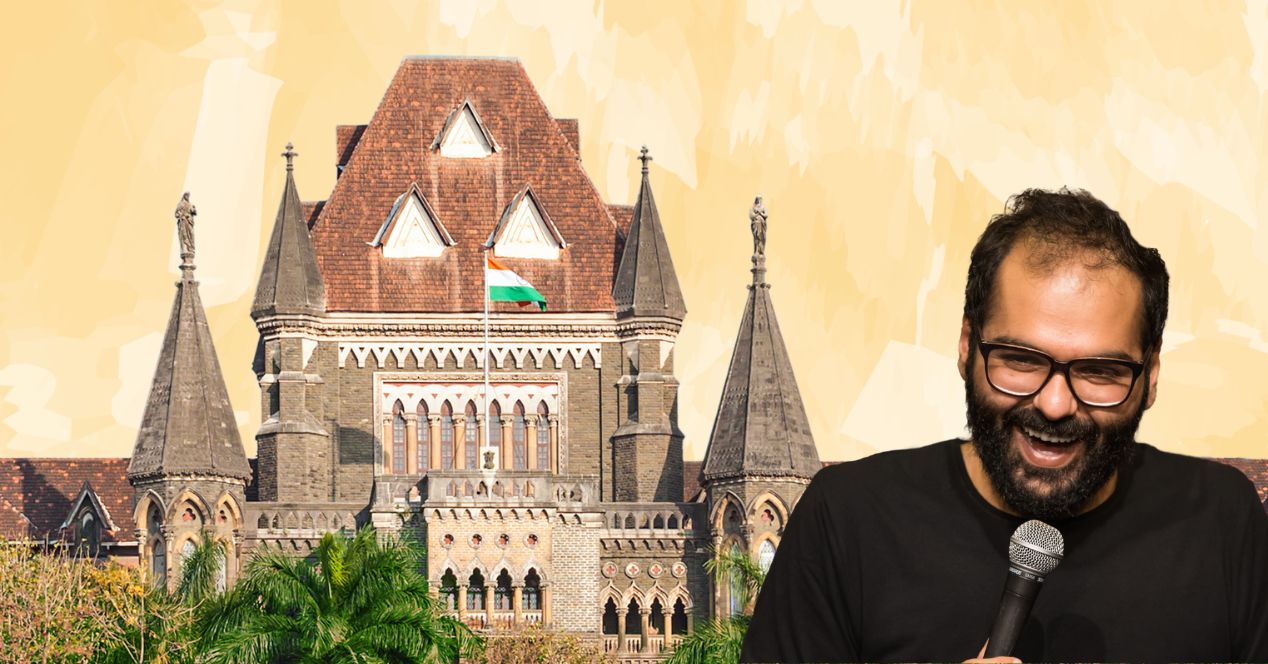Analysis
Supreme Court transfers challenges to IT Rules 2021 to the Delhi High Court
Transfer to prevent “contradictory judgments” on the IT Rules 2021 from various High Courts, says Supreme Court

On 22 March 2024, a Division Bench of the Supreme Court of Justices Hrishikesh Roy and P.K. Mishra transferred more than a dozen petitions across the country challenging the Information Technology (Intermediary Guidelines and Digital Media Ethics Code) Rules, 2021 (IT Rules 2021) to the Delhi High Court. The IT Rules 2021 were a fresh set of guidelines issued to ensure accountability of social media and digital news platforms.
Internet Freedom Foundation’s tracker lists 17 challenges filed against the IT Rules 2021 across various High Courts, including Delhi, Maharashtra, Karnataka, Kerala, West Bengal, and Tamil Nadu. Notable petitioners include social media companies like WhatsApp and Facebook. They argue that certain provisions of the Act violate end-to-end encryption norms and privacy rights. This includes provisions which allow the tracing of message originators, storing of user information for six months for investigations, and developing automated tools for identifying information. Failure to comply with the Rules may result in loss of safe harbour protection, making platforms liable for user-generated content.
News organisations such as The Quint, The Leaflet, and LiveLaw have filed petitions too. The rules mandate small and large scale news organisations to report to an oversight body consisting of the heads of different Union government ministries. They are required to follow a strict code of ethics which petitioners argue are too “broad” leading to “self-censorship.”
Interestingly, in July 2021, the Union government had approached the Supreme Court, seeking to transfer all challenges to the top court to avoid “divergent judicial views.” Currently, the Bombay, Madras, and Kerala High Courts have stayed the implementation of the IT Rules 2021. In other High Courts the case remains pending.
Court’s move to avoid multiple hearings and contradictory judgements
Yesterday, Advocate Rajat Nair, appearing for the Union government, stated that the petitions should be transferred to a single High Court to avoid multiplicity of proceedings. A single hearing with all petitions would help reach finality. Senior Advocate Amit Sibal highlighted that the earliest batch of petitions originated in the Kerala High Court which, along with the Delhi High Court has several pending petitions challenging the IT Rules. He recommended that Kerala may be the ideal place to hear all cases.
Ultimately, the Bench favoured transferring all petitions to the Delhi High Court, citing the “large number of cases pending consideration” before it. They observed that this would avoid “contradictory judgements.”



